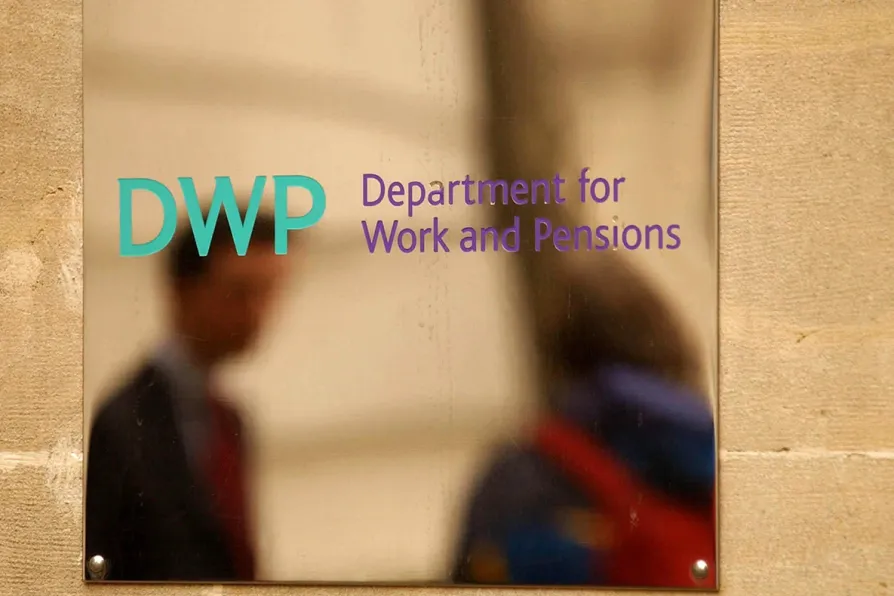Public-sector workers paying far more for their pensions as real pay shrinks
Unite national officer Caren Evans said: ‘These corrosive attacks on the scheme must stop. Many employees are on relatively low pay and increased contributions impact adversely on take-home pay.’


CUTS to public service pension schemes have “gone too far,” unions warn today as a report finds that employees are paying “substantially more” towards them.
According to today’s National Audit Office (NAO) report, members of the four schemes covering the armed forces, Civil Service, teachers and the NHS, are paying an average of 8.5 per cent of their income towards their retirement.
The average of £2,700 in contributions in 2019-20 is 33 per cent more in real terms than 10 years before, despite a 12 per cent real-terms fall in pay over the same decade.
Similar stories














